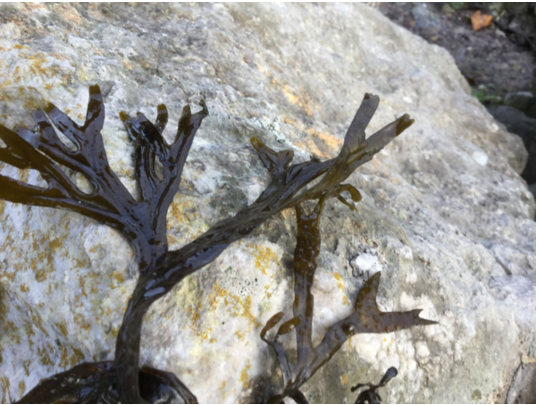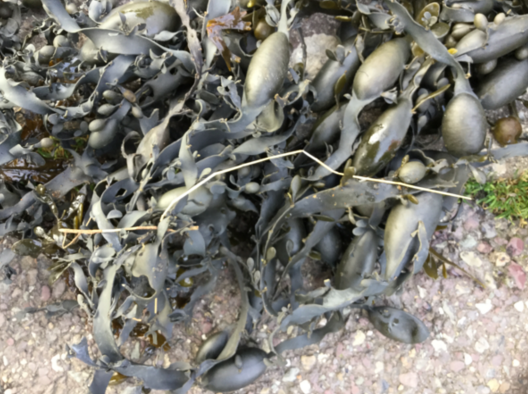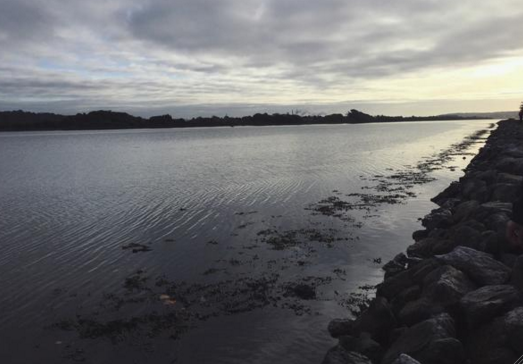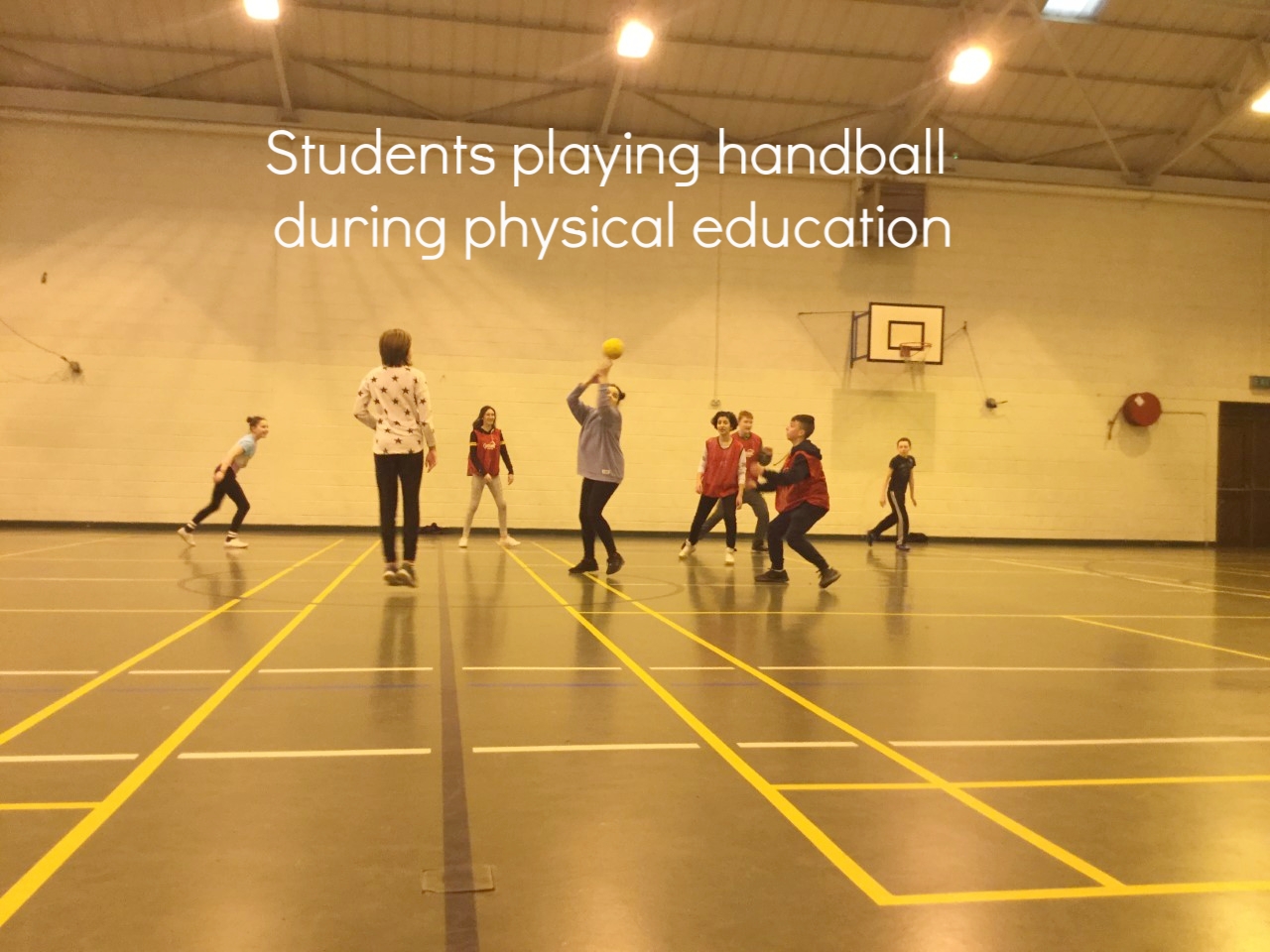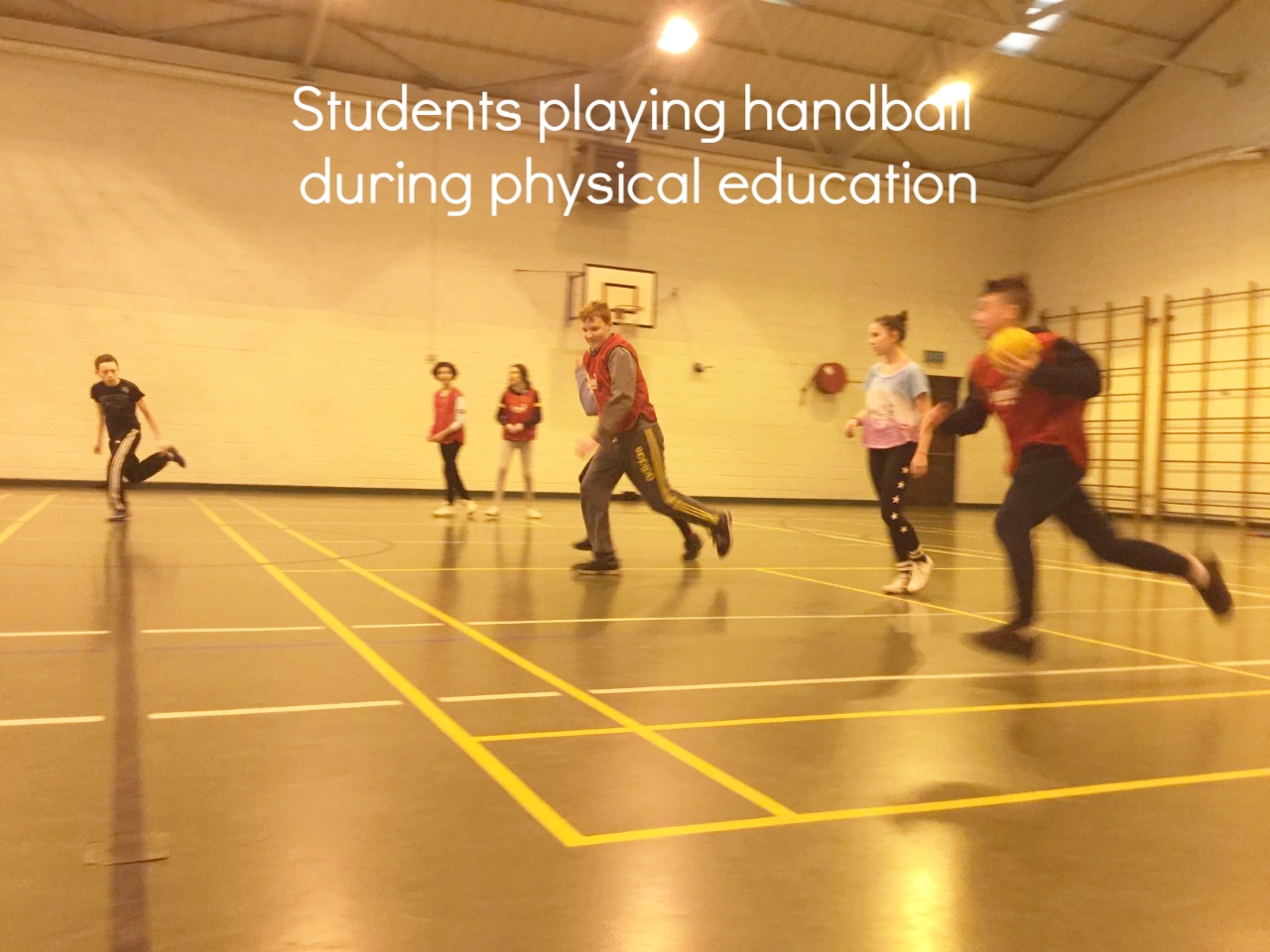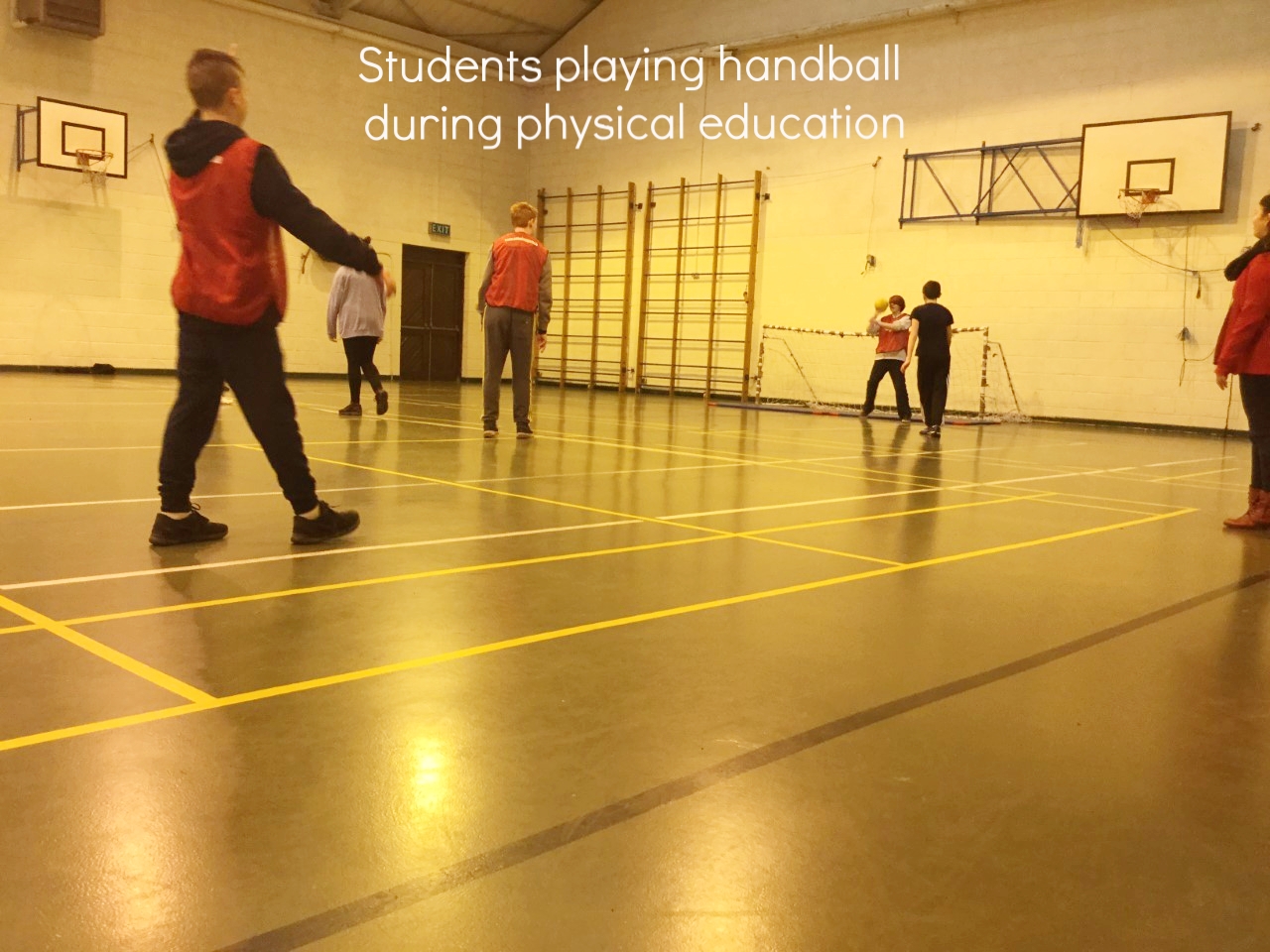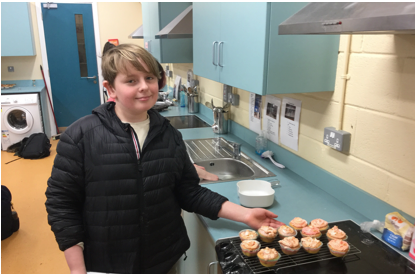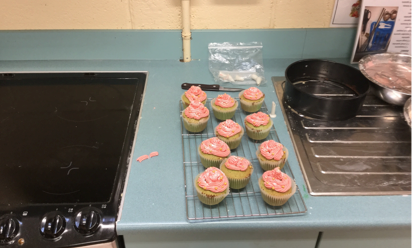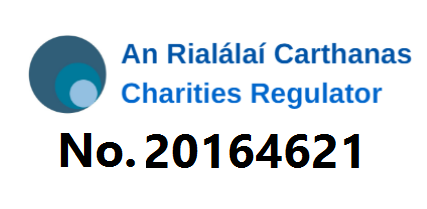Departments
Below is a list of the subjects studied by all students in First Year.
Core curriculum:
Gaeilge (3 hours per week)
English (3 hours per week)
Mathematics (3 hours per week)
Science (2 hours per week)
Spanish(3 hours per week)
Geography (2 hours per week)
History (2 hours per week)
Physical Education (1.5 hours per week)
Ethical education (1 hour per week)
Sustainability (1 hour per week)
SPHE (1 hour per week)
CSPE (1 hour per week)
Digital Literacy (1 hour per week)
Our Geography field trip where students took part in the International Coastwatch Survey
Subjects available through Option Blocks (students choose 2)
Home Economics
Music
Technical Graphics
Technology
Art
Business
Some delicious cupcakes baked in Home Economics
Junior Cycle Short Course: Sustainability in my community and in my world
This course aims to help Junior Cycle students learn how to analyse and create meaningful responses and solutions to the challenges of global and local sustainability. Students explore a range of topics under the broad theme of sustainability as climate change, environmental and social justice, biodiversity and community resilience. The course is built around four strands which together support students to appreciate themselves, their local communities and local environment; develop scientific understanding and critical thinking about local and global challenges; analyse solutions in the context global justice and to take action with their peers. Learning to take action with others is central to the course design. Students will be encouraged to cooperate with others to identify relevant knowledge to undertake a solution-based action project in their local community. Students will be provided with opportunities to identify and learn skills they feel that they will need to help create a sustainable future. Through their action projects students could choose to focus on a range of relevant skills from electronics repair to composting and food growing to DIY building or campaigning skills. The course also aims to support students to develop understanding of their local ecology through nature connection activities in nearby woodland and coastal settings.
This course is delivered through the educational methodology of Global Citizenship Education (also known as Development Education) as well being informed by Environmental Education, place-based learning and outdoor learning. It has both a theory and practical focus and where possible is taught outdoors.

